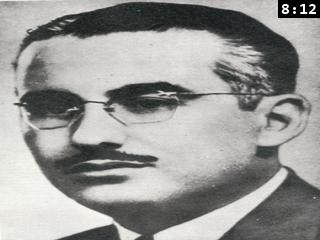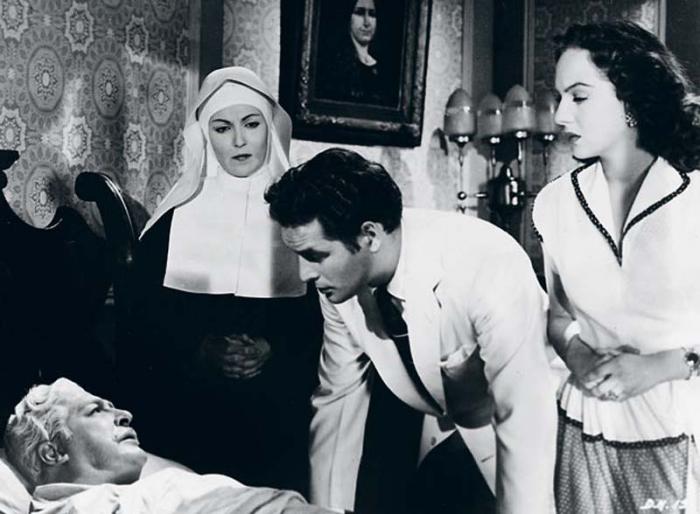What you have just read can be interpreted in different ways. The best one for me is the one that entails the acknowledgement of the very professional work of those who have devoted their lives to work as advisers of all kinds of programs and especially dramatizations, which demand, no doubt about it, additional skills to assess a script for radio.
An outstanding Cuban novelist, a friend of mine, once told me that radio advisers were frustrated writers, who planned their professional lives in a way that they frustrated good writers at the same time, or at least those who had enough rebellious vocation to revert their attacks.
Time and time again I insisted on telling him that I didn’t doubt that an adviser for Cuban radio dramatizations could hide, deep inside his or her heart, elements that could prove him or her right, taking into account that he was referring to the first decades after the triumph of the Cuban Revolution, where it also took all sorts to make a world.
However, and it’s worth mentioning, the novels I constantly wrote for radio had the support of professional advisers, a task in which defects of other periods in this field were no longer found in relations between writers, advisers and directors.
I always had the feeling, and I think I was right, that advisers for dramatizations developed with their daily work. It was evident that their studies at excellent academic institutions, which provided knowledge on important and decisive syllabuses on drama and all possible analyses of it, consolidated them gradually in their own radio work.
Decades later and until today, we can assert that advisory for radio dramatizations have gone into greater depth, in a work in which artistic quality is the deceive factor in final assessments.
As for radio advisers, it’s necessary to point out that their complex work includes a careful and deep study of the content of works proposed by writers. At the same time, they have to assess the ethical and aesthetic aspects leading to the analyses that include political, ideological, cultural, social and educational values, which should be interwoven into the artistic product, as real works should be.
Proposals of writers for radio dramatizations go through advisers first. It’s like a retaining wall in which works receive their first assessment. Good advisers for original dramatizations, historic or not, and of any genre, are the ones who have the professional ability to suggest aspects that could highlight decisive moments in the dramatic writing of the proposal he receives to be evaluated.
Once approved, when the director feels he has a convincing proposal in his hands, the adviser should attend rehearsals and recordings in order to correct any possible deviation from what has been planned from the point of view of drama, and that could have been overlooked in daily recordings.
Seen as a whole, the work of advisers for radio dramatizations has to be carried out in a close and permanent way with writers and directors. The triad made up by writers, advisers and directors can’t be broken, since it could jeopardize the artistic balance of this kind of proposal for radio.
One of the aspects advisers for radio dramatizations should bear in mind is their constant cultural development. Reading good literature and consulting the latest advances of their specialty contribute, and this is an unavoidable truth, to consolidate their artistic work, which is essential for the aforementioned triad to work. From the initial proposal to the recording of the last script, the presence of advisers is necessary for success.
A lot could be said about the work of advisers for radio dramatizations, although we have mentioned the most significant aspects.
Anyway, it’s worth saying that radio in Cuba, throughout the archipelago, has a large number of advisers to guarantee that good dramatizations are included in the programming of radio stations with solid artistic contributions for the enjoyment of listeners, who deserve quality radio.
Translated by Silke Páez



